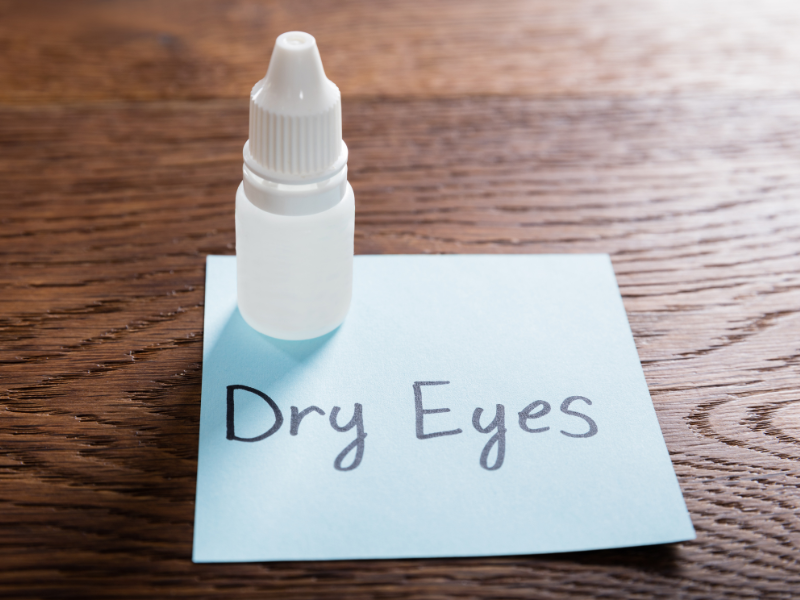What is Dry Eye Disease?
Dry eye disease is a common condition that affects the eyes. It occurs when the eyes do not produce enough tears or when the tears evaporate too quickly. This can cause symptoms such as burning, itching, and redness. Dry eye disease can be caused by a number of factors, including:
- Age: Dry eye disease is more common in people over the age of 50.
- Gender: Women are more likely to develop dry eye disease than men.
- Medications: Some medications, such as antihistamines and decongestants, can dry out the eyes.
- Medical conditions: Some medical conditions, such as rheumatoid arthritis and Sjögren’s syndrome, can also cause dry eye disease.
- Environmental factors: Dry air, wind, and smoke can all contribute to dry eye disease.
Symptoms of Dry Eye Disease
The symptoms of dry eye disease can vary from person to person. Some common symptoms include:
- Burning
- Itching
- Redness
- Watery eyes
- Pain
- Blurry vision
- Sensitivity to light
- Feeling like something is in your eye
Treatment for Dry Eye Disease
There is no cure for dry eye disease, but there are a number of treatments that can help to relieve the symptoms. Some common treatments include:
- Artificial tears: Artificial tears are available over-the-counter and can help to lubricate the eyes.
- Warm compresses: Warm compresses can help to reduce inflammation and swelling.
- Punctal plugs: Punctal plugs are small, silicone plugs that are inserted into the tear ducts to help reduce tear evaporation.
- Medications: In some cases, medications may be prescribed to help reduce inflammation or increase tear production.
Prevention of Dry Eye Disease
There are a number of things you can do to help prevent dry eye disease, including:
- Wear sunglasses: Sunglasses can help to protect your eyes from the sun’s harmful rays, which can dry out the eyes.
- Avoid smoke and wind: Smoke and wind can dry out the eyes, so it’s best to avoid them if possible.
- Use a humidifier: A humidifier can help to add moisture to the air, which can help to prevent dry eyes.
- Take breaks from screens: Looking at screens for long periods of time can dry out the eyes, so it’s important to take breaks every 20-30 minutes to look away and focus on something else.
- Get enough sleep: Sleep is important for overall health, and it can also help to keep the eyes healthy.
Peermed Optometrists: The Place to Go for Eye Test Services
If you are experiencing symptoms of dry eye disease, it is important to see an eye doctor for a comprehensive eye exam. Peermed Optometrists are experts in diagnosing and treating dry eye disease. We offer a wide range of services to help you get the relief you need, including:
- Comprehensive eye exams
- Artificial tears
- Warm compresses
- Punctal plugs
- Medications
We are committed to providing our patients with the highest quality of care. We understand that dry eye disease can be a frustrating and uncomfortable condition, and we are here to help you get the relief you need. Contact us today to schedule an appointment.

